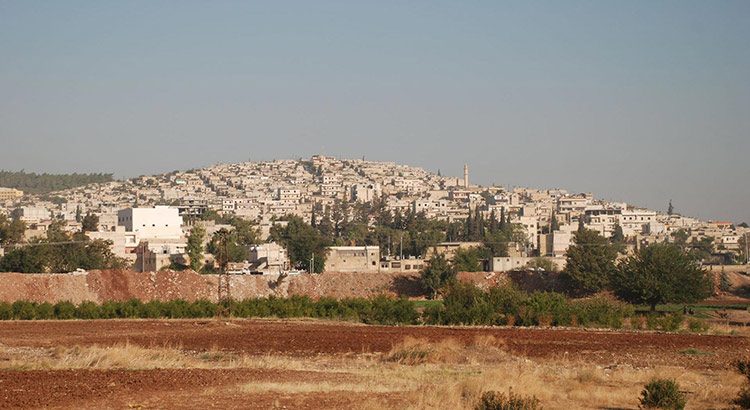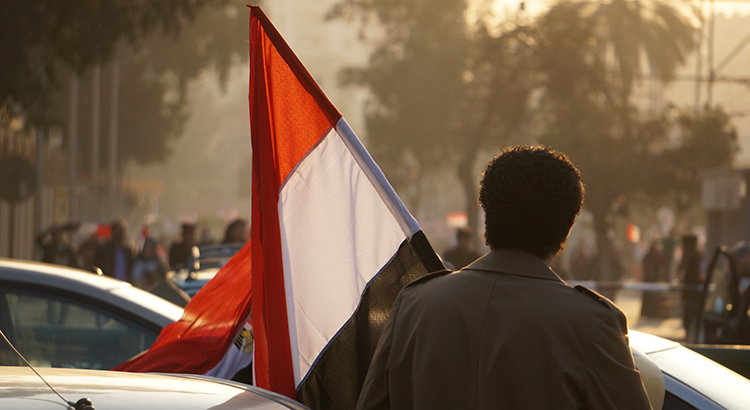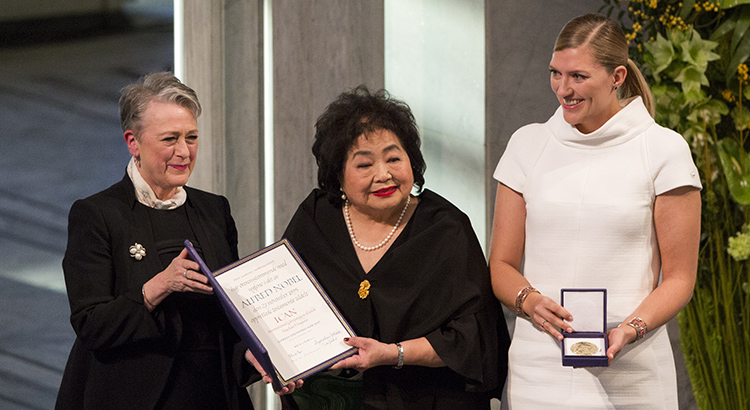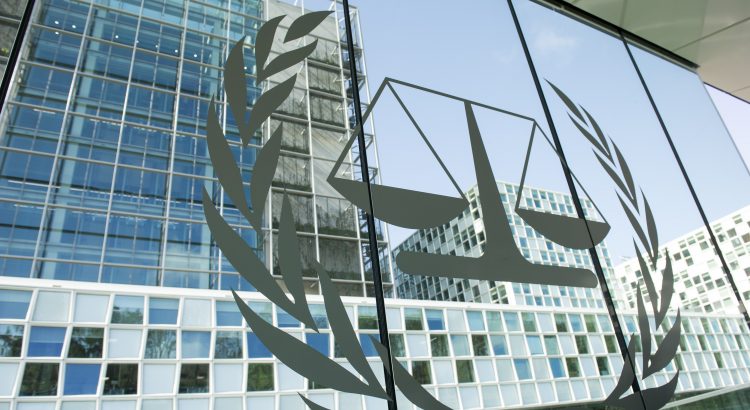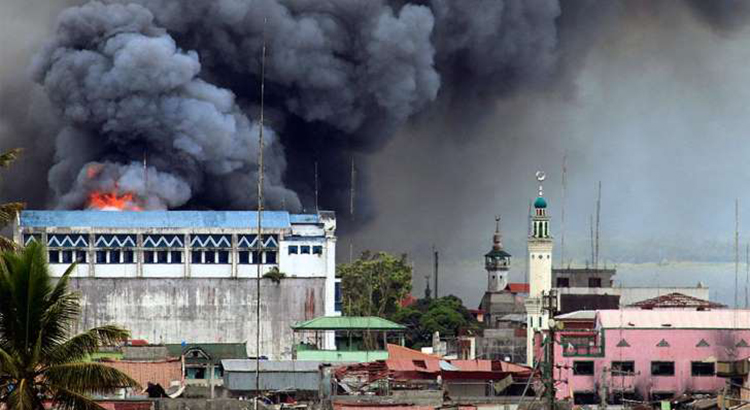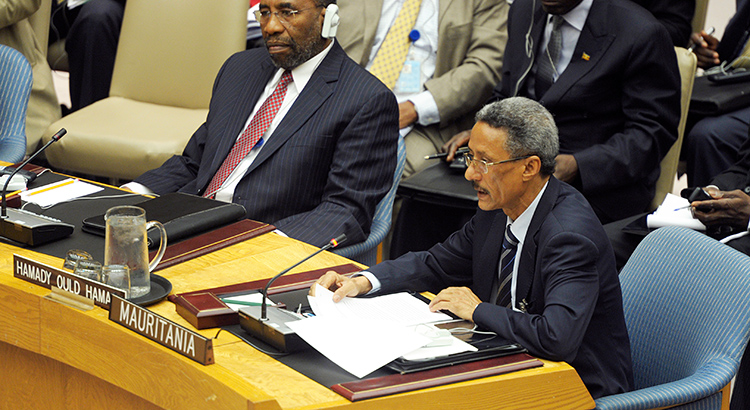Turkey’s ‘Operation Olive Branch’ is a marked escalation of its campaign against the Kurdish autonomous regions in Syria. The battle for Afrin, a mountainous, well defended region protected by a battle hardened Syrian Democratic Forces (SDF) forces will likely be protracted and lead to significant civilian casualties, due to Afrin’s large community of internally displaced Syrians. It will further compound the ongoing conflict against Kurds in Turkey and lead to, as of yet, unclear regional ramifications.
We Need to Understand Why States Object to the Presence of Foreign-funded NGOs
More and more countries restrict how NGOs operate, often by limiting their funding. The response is frequently to argue that these restrictions flout international law or amount to crackdowns on the opposition. Annika Elena Poppe and Jonas Wolff argue that the objections to NGO activity need to be taken seriously. In Egypt, for example, they are rooted in concerns about sovereignty and foreign interference.

What’s in a Name? IYI Party – Good for Turkey?
A new political party was founded in Turkey on 25 October 2017. Named the “IYI Party”, meaning “good party”, it claims to bring betterment for Turkey’s financial, judicial and also human rights situation. The inaugural speech of the party’s founder, Meral Akşener, leaves an impression of the “modern” face of Turkish conservative politics. The IYI Party presents itself as an alternative to the Justice and Development Party (AKP) in times of a growing dissatisfaction with Turkish politics and reorientations in opposition parties’ political stance. Although the idea that the AKP era might come to an end is intriguing, the Akşener’s party seems to follow the well-known narrative of Turkish nationalism. For a truly pluralist democracy in Turkey, this is not enough.
Der Friedensnobelpreis geht an die Internationale Kampagne zur Abschaffung von Atomwaffen
Die Internationale Kampagne zur Abschaffung von Atomwaffen, kurz: ICAN, ist am vergangenen Sonntag für ihren Einsatz für ein rechtlich bindendes Verbot von Atomwaffen mit dem Friedensnobelpreis ausgezeichnet worden. ICAN hatte maßgeblichen Anteil an dem Prozess, der am 7. Juli 2017 in der Verabschiedung eines umfassenden und rechtlich bindenden Verbots von Atomwaffen mündete. Mit der Vergabe des Preises an ICAN signalisiert das Nobelkomitee nicht nur die Notwendigkeit nuklearer Abrüstung, es würdigt auch die Rolle, die die Zivilgesellschaft in Fragen der internationalen Sicherheit spielen kann.
The International Criminal Court in Difficult Times: Challenges for the 16th Assembly of States Parties
On 26 October 2017, Burundi’s withdrawal from the Rome Statute – the founding treaty of the International Criminal Court (ICC) – took effect. This withdrawal is just the tip of the iceberg of a long-lasting confrontation between the ICC and some African states. When the Assembly of States (ASP) Parties to the Rome Statute convenes today for its 16th annual session in New York, the stakes are high as the ICC faces major challenges. The ASP should take on the dwindling support and criticism from the African Union (AU) as well as African states and bolster the ICC: States Parties should defend the integrity of the Statute, back the ICC’s budget, further outreach activities as well as the regional scope of investigations and strengthen the cooperation with the Court.
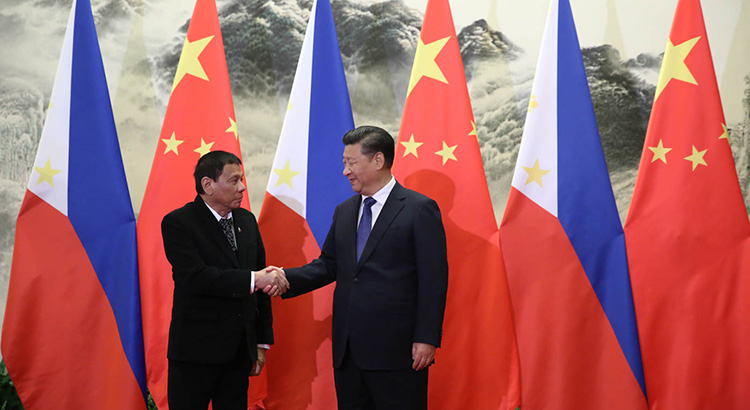
A “Ripe Moment” by Accident? The Turn-Around in Sino-Philippine Relations
In July 2016, the Permanent Court of Arbitration (PCA) rejected most of the Chinese claims in the case on disputed “islands” in South China Sea brought to the Court by the Philippines. The verdict triggered widespread fears of a further escalation of the conflict between China and the Philippines as well as the other claimants and the United States. Yet, the near simultaneous ruling by the PCA and the change in Philippine administration from President Benigno Aquino to Rodrigo Duterte created a “ripe moment” for a fundamental transformation of the crumbling Sino-Chinese bilateral relations.
Des einen Verbrecher ist des anderen Held. Reaktionen auf das Urteil gegen Ratko Mladić
Am 22. November 2017 verurteilte das Internationale Kriegsverbrechertribunal für das frühere Jugoslawien Ratko Mladić zu lebenslanger Haft. Als oberster Soldat der Armee der Republika Srpska hatte er im Krieg 1992-1995 für die Abspaltung serbisch kontrollierter Gebiete aus der international anerkannten Republik Bosnien und Herzegowina gekämpft. Die Richter befanden Mladić schuldig des Völkermords in Srebrenica, der Terrorisierung von Zivilisten im belagerten Sarajevo, der Vertreibung der nicht-serbischen Bevölkerung andernorts, der Geiselnahme von Personal der Vereinten Nationen und weiterer Kriegsverbrechen. Die Reaktionen auf das Urteil zeigten Bosnien-Herzegowina jetzt einmal mehr als tief gespaltenes Land.
An Emerging Caliphate in Southeast Asia? The Framing of Political Violence in the Philippines
In May 2017 two groups of Muslim fighters raided the city of Marawi in the southern Philippines. After five months of fighting, the Philippine military finally announced that the city was reconquered from the Maute and Abu Sayyaf groups that supposedly had ties to the Islamic State of Iraq and Syria. This incident resembles a crisis in 2013 when members of another armed group, the Moro National Liberation Front (MNLF), entered the city of Zamboanga and battled government troops for weeks. But whereas the Zamboanga crisis neither attracted much foreign attention nor was linked to international jihadism, the fighting in Marawi has been portrayed as part of larger conflict between militant Islamism and the civilised world – a narrative that is lacking substantial empirical evidence.
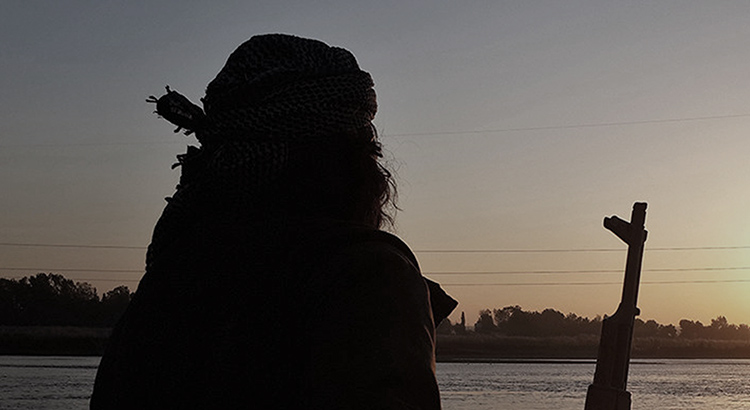
Warum werden Frauen Terroristinnen? Wider eine stereotype Betrachtung des weiblichen Terrorismus
Punk-Band Frontfrau, Ex-Katholikin, Kosmetikverkäuferin – für die meisten klingt das nicht nach der Biographie einer der aktivsten Anhängerinnen des sogenannten Islamischen Staates (IS). Und doch: Bis Sally Jones jüngst bei einem US-Drohnenangriff ums Leben gekommen ist, war die Britin für mehr als vier Jahre das weibliche Gesicht des IS. Die Geschichte von Jones wirft eine grundlegende Frage auf: Wieso werden Frauen Terroristinnen? Ein Blick auf das breite Spektrum und die Geschichte des weiblichen Terrorismus zeigt, dass Terroristinnen weder neu noch selten, weder vor allem Opfer noch rein persönlich motiviert sind. Wenn an solchen Stereotypen festgehalten wird, steht dies nicht nur einer umfassenden Analyse der Gründe, sondern auch der Prävention von weiblichem Terrorismus im Wege.
Global Governance and Procedural Justice
Worauf beruht die Chance, dass globale Normen und Regelwerke von Staaten und Sicherheitsorganisationen auf regionaler Ebene befolgt werden? Diese Frage steht im Zentrum der Diskussion um globales Regieren. Sie stellt sich jüngst drängender, weil neuere Entwicklungen den Eindruck nahelegen, zentrale Staaten in der nicht-westlichen Welt seien im Begriff, sich von den liberalen Institutionen des globalen Regierens zu verabschieden. Empirische Forschung zum Verhalten Südafrikas und der Afrikanischen Union zeigt, dass sich diese Skepsis in der Wahrnehmung mangelhafter prozeduraler Gerechtigkeit begründet. Für erfolgreiches globales Regieren muss zunächst diese Voraussetzung eingelöst werden.
